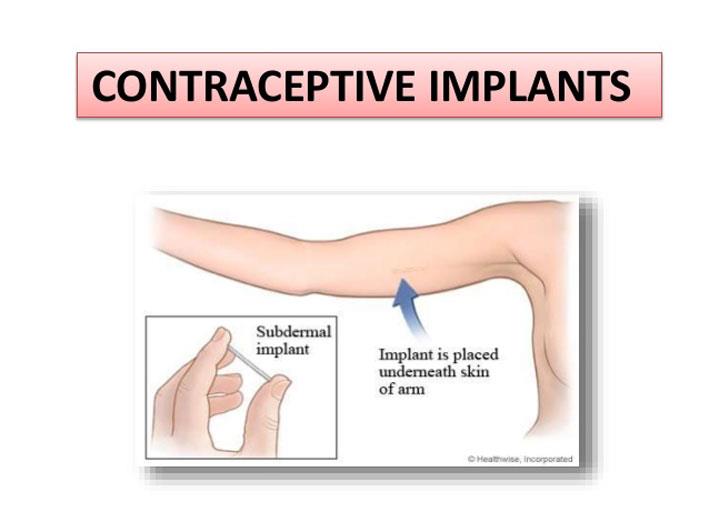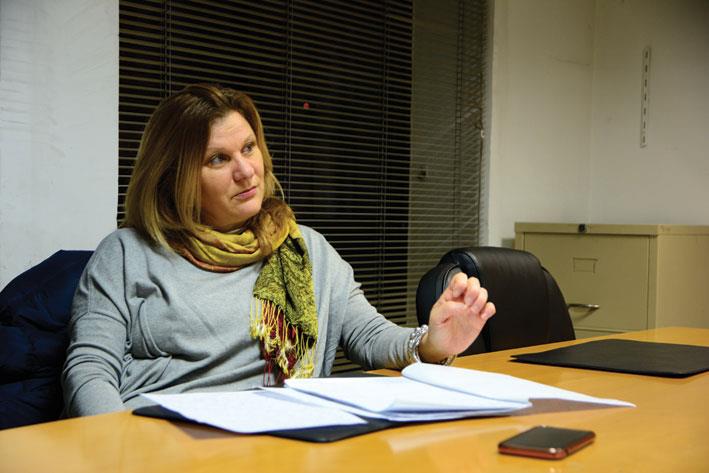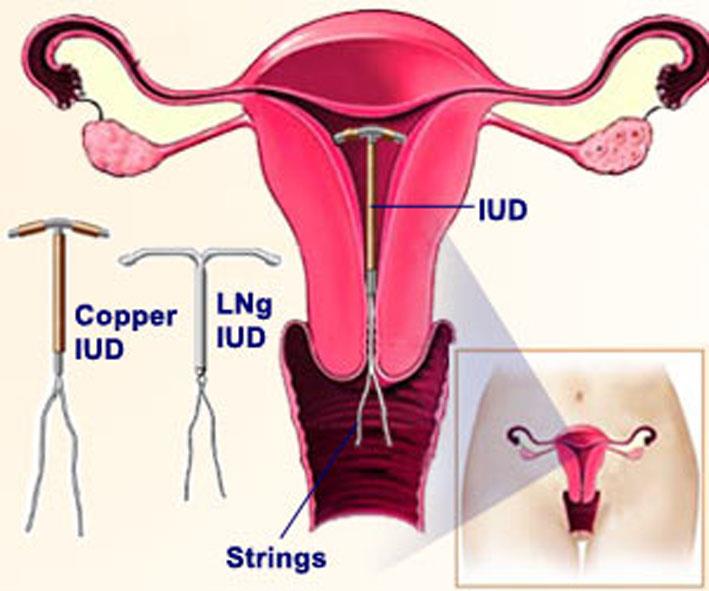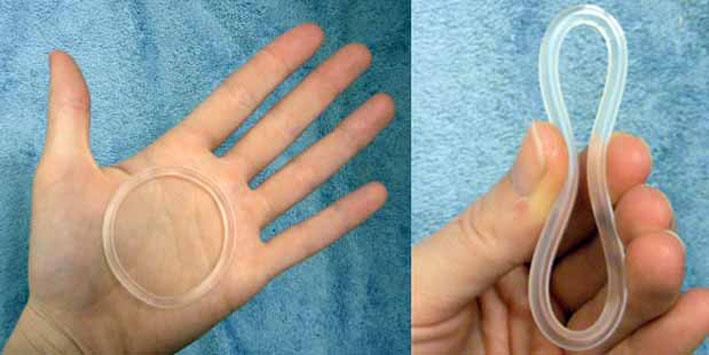Are all types of contraceptives available in Malta?
To begin with it is important to say that access to the full range contraceptive services is a woman’s right, as clearly stated by the WHO, the Council of Europe and the United Nations.
Contraception in Malta has been a taboo subject over the last few decades. Contraceptives were not really imported into Malta before 1975 and even much more recently noteven promoted in the media.
Since then Malta has progressed and has become a bit more liberal. There is a lot more awareness now and there is now quite anextensive range of contraceptive products available across the Maltese Islands, if women know where to look and are prepared to pay.
What contraceptives are not available?
What is still not available are the female condoms – condoms worn internally by the woman, and also cervical caps and the diaphragm. The contraceptive patch - a patch usually worn on the skin of the upper arm or the tummy, which provides combined oestrogen and progesterone hormones, is also not available.
Why are these contraceptive methods not available?
For the simple reason that no one imports them.

What are the natural methods of contraceptive?
The natural family planning or fertility awareness method, is one such method, approved by the Catholic Church. This identifies the fertile days in a woman's cycle. It is quite a difficult method to learn and there are also problems if the woman's cycle is irregular, or if she is breastfeeding, or is ill, travelling or stressed. In fact it has quite a high failure rate of 24 per cent in women who use this method for a year.
There is also the withdrawal method which is used by many couples in Malta, from my experience talking to women. It also has a high failure rate at 22 per cent. I am not sure why this is popular but there seems to be a reluctance amongst Maltese people to move towards more 'modern' contraceptives. Women need to learn they can take control of their reproductive lives. We have a long way to go in Malta in terms of sexual and reproductive health.

So would you say the Maltese generally do not use other contraceptive methods?
I feel there is a very big need for contraceptive awareness in this country and an unmet need for contraceptive services. If you look at studies that have been carried out, like the National Survey on sexual knowledge, attitudes and behaviour of 2012 and the Reproductive Health report of 2011, they show that contraceptive use is low at about 40 per cent, or 55% per cent respectively. The surveys also found there is a general lack of knowledge on the subject.
I believe there is lack of awareness because there has not been a concerted effort to promote contraceptive methods.
Do you think if contraceptives were promoted teenage pregnancies and abortion rates would decrease?
Looking at the data from the National Obstetric Information System, teenage pregnancies amount to just under 150 girls per year. Although this rate is declining it is still quite high.
Also looking at estimates on abortions carried out abroad, Carmel Cacopardo in his February 2018 article, said that around 300 to 400 women from Malta undergo an abortion per year, according to his estimates. The Women's Right Foundation in its 2018 position paper also came up with a figure of about 570 women per year, who either go for an abortion abroad or buy abortion pills on the internet.
It would be far better in these cases to help the women prevent unplanned or unwanted pregnancies in the first place. The country should be investing in measures which promote and provide contraception. It is the duty of the government to educate and raise awareness regarding contraception and to ensure availability, accessibility and affordability of different methods.

So do you think government should provide free contraception to all?
The measures that should be put into place should start primarily in schools, educating and targeting the young, with a youth-friendly message. Even the not so young should be targeted perhaps through media promotion. Also issues around consent should be discussed so young women can learn how to avoid unwanted sex.
There needs to be increased availability of and accessibility to all the methods of contraception, which is definitely not the case at this point in time.
Affordability is another issue - these contraceptives should be subsidised or even ideally provided without charge within the government health services.

So what is provided by the government?
Very little. Medical professionals in government service can consult with women and prescribe contraception but once the prescription is given, the woman must go and buy the contraceptive at market price, outside the government health services. The same goes for any contraceptive insertion procedure that is required. The government pharmacy has no contraceptives or contraceptive devices in stock.
The progesterone coil may be inserted in government hospitals to treat heavy menstrual bleeding but not purely as a contraceptive. Female sterilisation can be performed in the government hospital for medical reasons including psychiatric indications. This surgical procedure is not available at patient request.
As a rule provision of contraception is simply not addressed by the government health service. The emergency contraceptive pill is not even stocked for cases of sexual assault.
So, if a woman is raped and goes to hospital she is not given the emergency contraceptive pill?
It is not stocked so it cannot be given or sold to the woman. I believe there was an intention to have it available for these special scenarios but this has not happened.
The victim may be given a prescription, depending on the doctor, but she would have to procure it herself at a later time. In these cases time is of the essence.

What other contraceptive methods are available in Malta?
The male condom is used quite a lot as well but it also has a high failure/pregnancy rate of about 18 per cent over one year of use. Although this method is not particularly safe it has the huge added benefit of preventing sexually transmitted infections. So the advice would be that together with any other contraceptive method the couple should consider the use of condoms over and above.
Are more effective methods of contraception available?
Moving to hormonal methods there is the combined contraceptive pill, which most people have heard of. The combined pill prevents ovulation and provides effective contraception and it also provides a lot of non-contraceptive benefits to women.
Similar to the combined pill is the vaginal ring which releases a low dose of hormones. It is a small, soft, plastic ring that is placed inside the vagina. It is left in for 21 days, then removed to have a seven-day ring-free break.
Another hormonal method, is the mini-pill, which is a progesterone-only pill. One type of progesterone-only pill is now available in Malta, which prevents ovulation. It is suitable for breastfeeding mothers and women who cannot take oestrogen.
For the combined pill, the mini-pill and the vaginal ring, with typical use, the failure rate is about nine per cent per year. There is also the sub-cutaneous progesterone injection, which is given every 13 weeks. If the woman is happy to self-inject she can be taught to inject it herself into the thigh or tummy wall. The failure rate, with typical use, is about six per cent per year. This is available in Malta now, albeit only in one location.

You mention typical use, which implies that sometimes there could be missed injections or pills. Are there any long- acting reversible methods of contraception?
Yes. Perfect use and typical use of a method can be different. In typical use there may be errors made and contraceptive doses missed or delayed. These factors are user-dependent and increase the failure rate of the method.
The long-acting reversible contraceptive methods are “fit and forget” methods, which are not user dependent. These contraceptives (known as LARCs) are consequently very effective methods, with the failure rate being less than one per cent per year. They include thecoil or the implant. The coil, of which there are two kinds, is placed in the uterus and is also known as intrauterine contraceptive device. Some last for five years and others for three years.
Their modes of action are not identical but both work by altering the cervical mucus and the environment within the womb, which makes it more difficult for sperm to swim, to function and survive and reach the egg . They can also theoretically, as a back-up method, stop a fertilised egg from implanting itself.
There is also the sub-dermal implant which was introduced in Malta only a few months back. It is a small 4cm rod, contains progesterone hormone and is inserted under the skin in the upper arm. It prevents ovulation. It is the most effective method of the lot, being more than 99.9 per cent effective. It lasts for three years.
Since for the coil, the final mode of action you mention stops a fertilised egg from implanting, does it make this method abortifacient?
First of all this is not the main mode of action but a back-up method, if sperm gets through and fertilisation does take place. Prevention of implantation is rarely the actual mode of action of a coil.
It definitely does not make it an abortifacient contraceptive because abortion is defined as the interruption of an established pregnancy, so the egg has to already have implanted.
Many other methods of contraception have this mode of action as a back-up, due to thinning of the womb lining.
There is also an element of choice.Women should be advised about the methods of contraception and they are free to choose.
Are there any methods which provide a permanent solution?
Sterilisation is promoted as a permanent method, so it is really for couples who have completed their family and/or who would not be wanting children. There are ways to sometimes reverse sterilisation but when we discuss and recommend the method, we offer it to people who want a permanent method. Female sterilisation (tubal occlusion) can be performed as a laparoscopic operation.
These methods of sterilisation (both male and female sterilisation) are very effective with failure rates under one per cent per year.
What about emergency situations?
If there has been unprotected sex, with no contraception used or with a condom which tore or in a monthly cycle where pills had been missed, the morning-after pill is now available.
The emergency contraceptive pill (or morning-after pill) must be taken very soon after the episode of unprotected sex in order to work. There are two types of emergency contractive pills on the island. Both are effective and work by delaying ovulation, thus preventing the sperm and egg from meeting up.
They are available to buy in pharmacies either with a doctor's prescription or over the counter. They are more effective the sooner they are taken after unprotected sex. One type can be taken up until three days after the event and the other up until five days.
This emergency measure prevents 60 to 80 per cent of pregnancies that might have occurred had it not been taken.
Is there a contraceptive clinic available in Malta?
Yes there is a contraceptive clinic which I am very much involved with. It runs on a weekly basis in the private sector.
The aims of the clinic are to offer an extensive range of contraceptive services within a specialised clinic. We also provide personalised information an advice regarding contraception and all available options.
The options offered will reflect the woman’s age and stage in life, her medical history, her social history and reproductive plans, her religious or moral beliefs as well as her preference for contraception.
We provide initiation of the chosen method and follow-up as required.
Ultimately the aim is to educate, increase awareness and empower women of all ages.